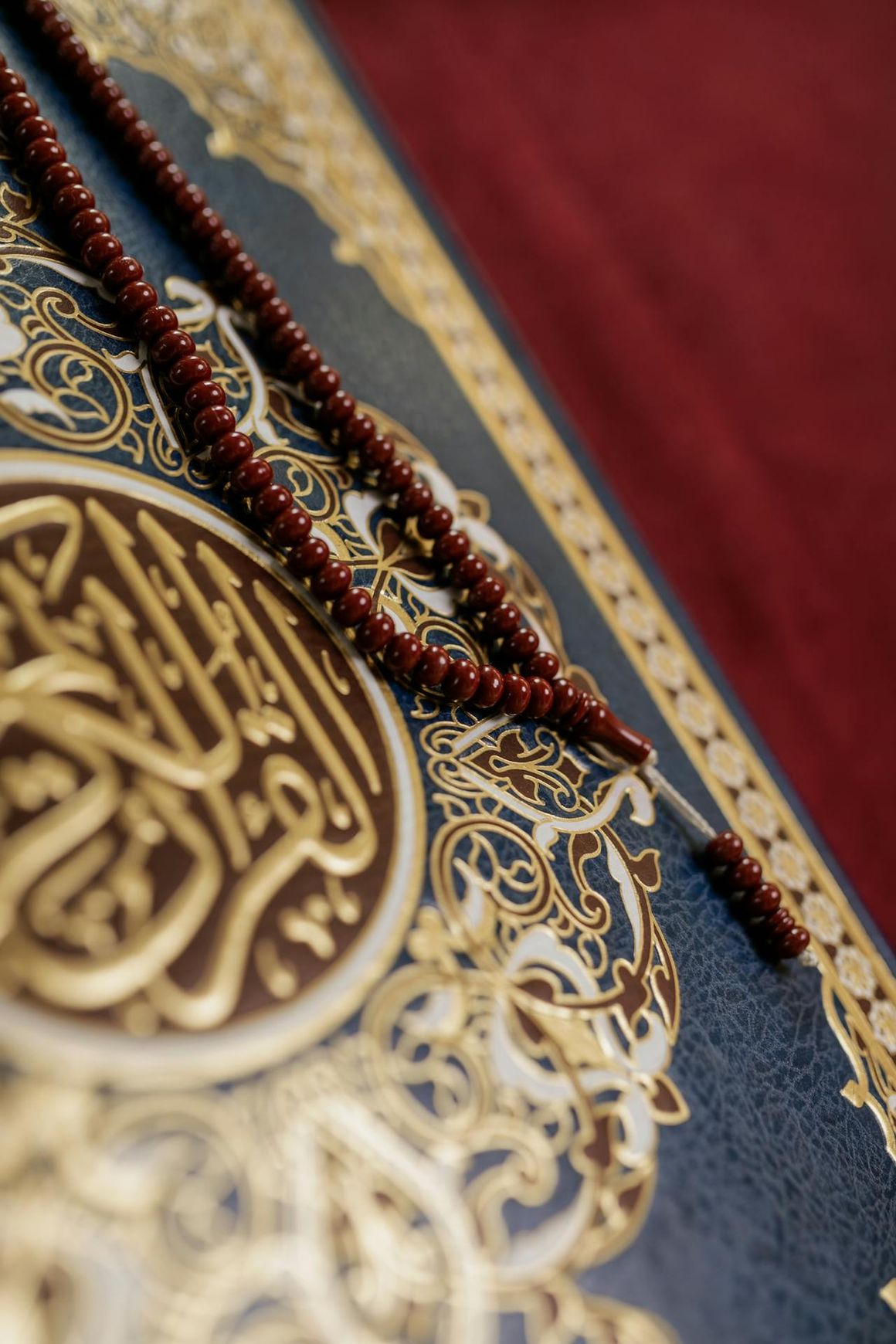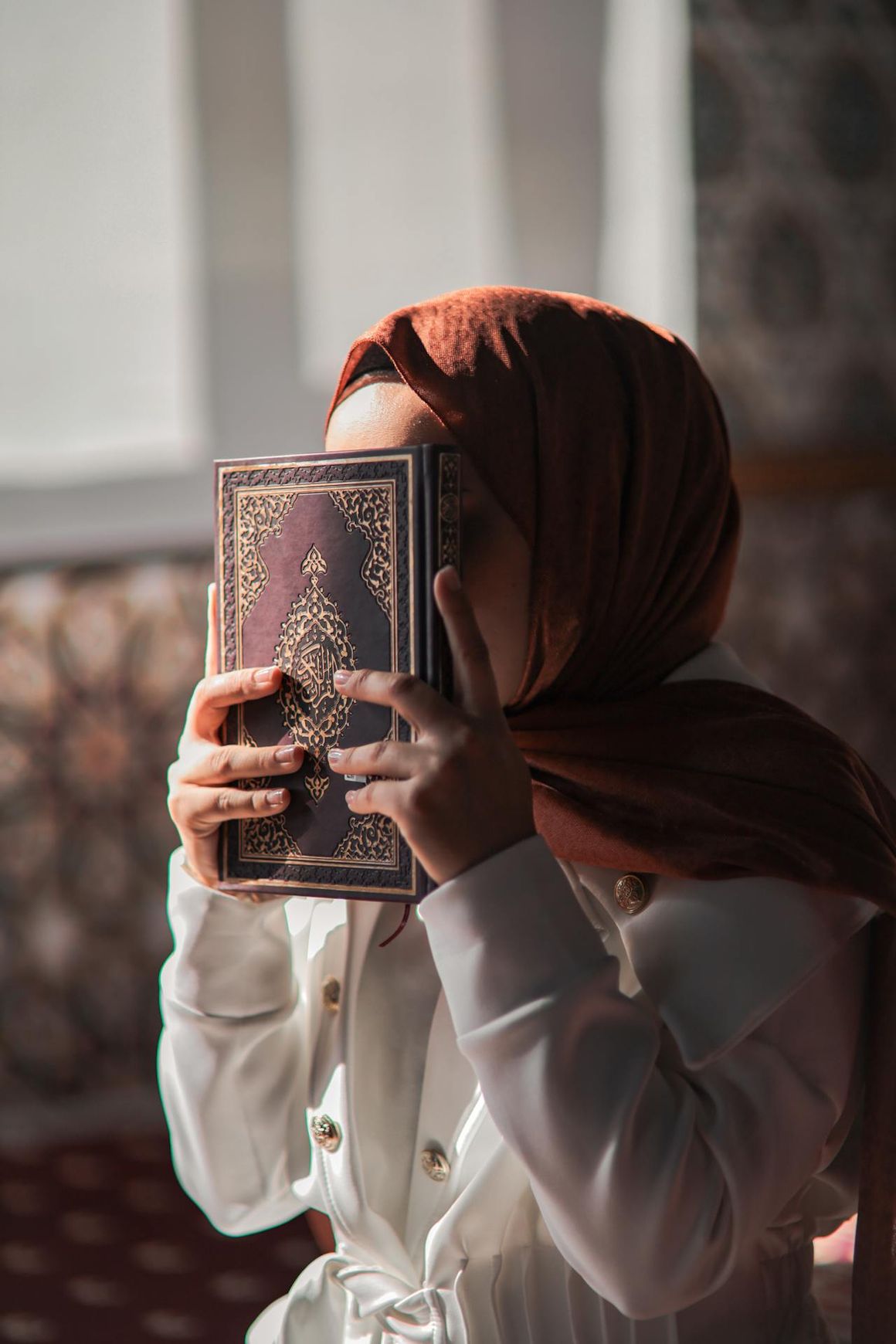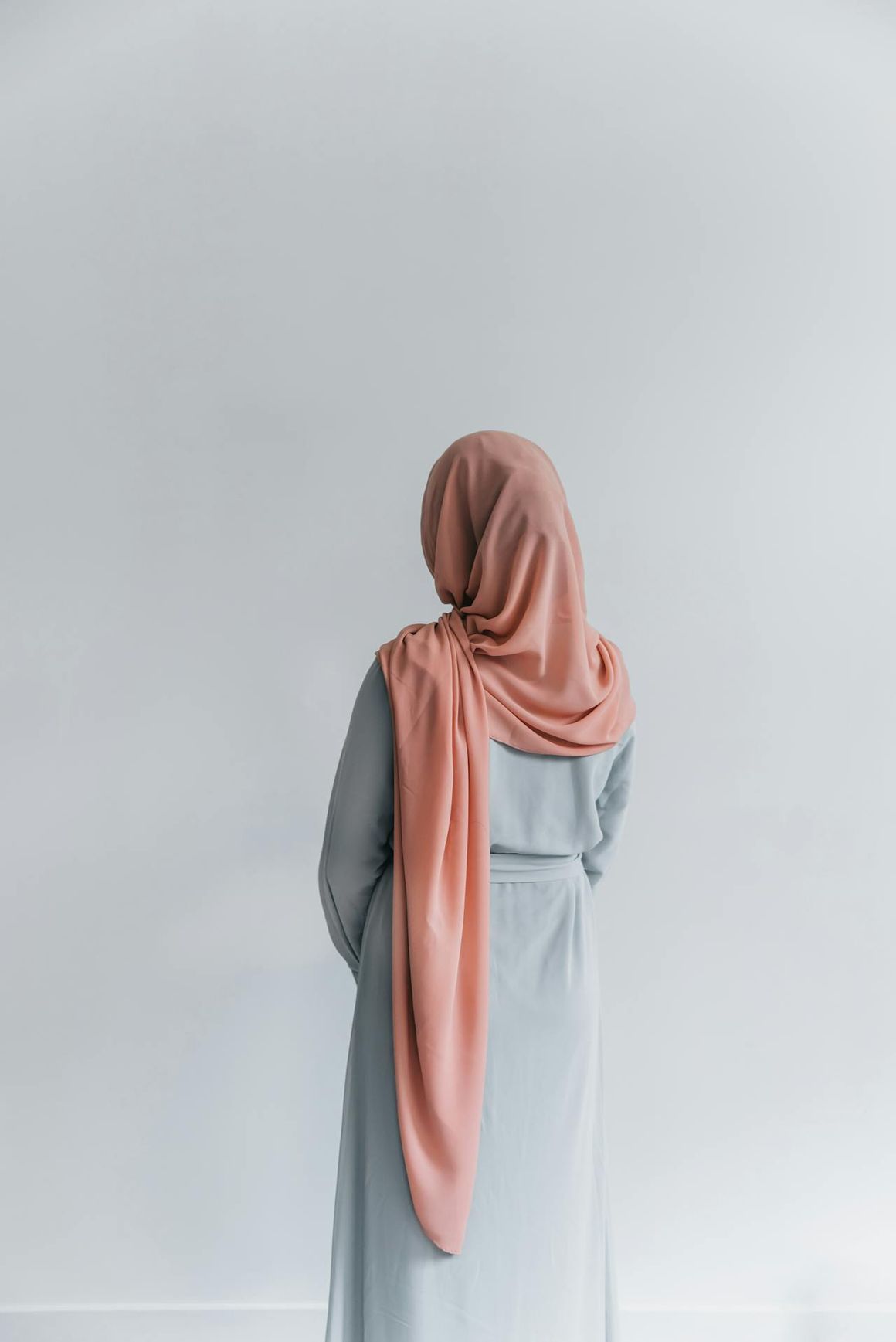In a world saturated with consumerism, where more is often equated with better, a growing movement is challenging this narrative: Minimalism. But what does it look like to embrace a minimalist lifestyle as a Muslim? It’s more than just decluttering; it’s a conscious re-evaluation of our values, aligning our possessions with our purpose and drawing closer to a life of contentment rooted in Islamic principles.
Beyond the Trend: A Spiritual Reset
Minimalism, at its core, is about intentionally living with only the things we truly need – and that serve a purpose or bring us joy. While often presented as a design aesthetic, its roots lie in a deeper desire for freedom – freedom from the weight of possessions, the stress of debt, and the endless cycle of wanting.
For Muslims, this resonates powerfully with core Islamic teachings. The Prophet Muhammad (peace be upon him) exemplified a simple lifestyle, prioritizing spiritual wealth over material possessions. He said,
The world is a prison for the believer, not a home. So make the best of your time in it.Prophet Muhammad
This isn’t a rejection of worldly blessings, but a reminder that our ultimate home is in the Hereafter.
Islamic Principles that Support Minimalism
Several Islamic principles naturally align with a minimalist lifestyle:
Zakat & Sadaqah (Charity): Islam encourages us to purify our wealth through Zakat and generously give to those in need. Minimalism facilitates this by encouraging us to detach from possessions and share our blessings.
Qana'ah (Contentment): This beautiful concept emphasizes being satisfied with what Allah has provided. It’s the antidote to haram (forbidden) desires and the relentless pursuit of more. The Prophet (peace be upon him) said,
The wealth of a believer is not increased by the world, but by his piety.Prophet Muhammad
Moderation: Islam champions the path of balance and moderation in all aspects of life. This extends to our possessions – avoiding both extravagance and excessive asceticism.
Tawakkul (Trust in Allah): Minimalism encourages us to rely less on material possessions for security and happiness, and more on Allah's provision and guidance.
Avoiding Israaf (Extravagance): The Quran repeatedly warns against wastefulness and extravagance. Minimalism is a practical way to combat israaf by consciously consuming less and valuing what we have.
Practical Steps Towards a Minimalist Muslim Lifestyle
Embracing minimalism doesn’t require a drastic overnight change. Here are some practical steps:
Declutter with Intention: Don’t just throw things away. Donate usable items to charity, sell what you can, and responsibly discard the rest. Ask yourself: Does this item serve a purpose? Does it bring me joy? If not, it might be time to let it go.
Mindful Consumption: Before making a purchase, pause and ask yourself: Do I need this, or do I just want it? Can I borrow it, rent it, or buy it secondhand?
Focus on Experiences: travel, learn, spend time with loved ones – rather than accumulating possessions.
Digital Minimalism: Reduce your digital clutter – unsubscribe from unnecessary emails, unfollow accounts that don’t inspire you, and limit your screen time.
Practice Gratitude: Appreciate the blessings you already have. Gratitude fosters contentment and reduces the desire for more.
Intentional Giving: Regularly donate to charity and support those in need.
Beyond Decluttering: A Spiritual Journey
Minimalism, when approached through an Islamic lens, is more than just a lifestyle trend. It’s a spiritual journey that helps us:
Reconnect with Our Purpose: By freeing ourselves from the weight of possessions, we have more time and energy to focus on our relationship with Allah and fulfilling our purpose in life.
Cultivate Inner Peace: Contentment and gratitude foster inner peace and reduce the anxiety and stress that often accompany materialism.
Live a More Meaningful Life: By prioritizing experiences, relationships, and spiritual growth, we can live a more meaningful and fulfilling life.
Let’s strive to live a life of contentment with what Allah has provided – and embrace a minimalist lifestyle that aligns with our Islamic values. May Allah guide us to live a life of purpose, gratitude, and inner peace.


